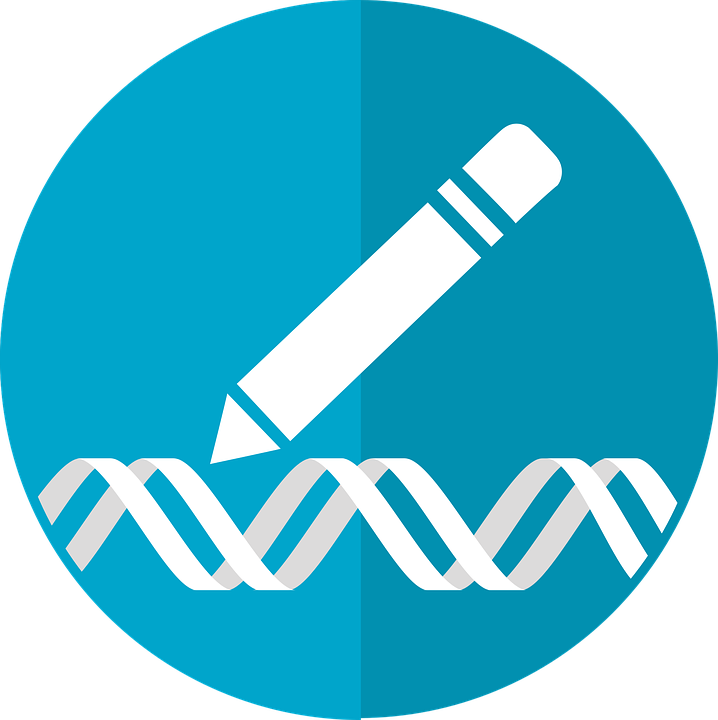Podcast: Why We Need to Discuss Gene Editing and Ethics
By Jack Murtha,
Healthcare Analytics News [with CGS' Marcy Darnovsky]
| 08. 03. 2018
In 1951, Henrietta Lacks walked into Johns Hopkins Hospital complaining of vaginal bleeding. Although she died later that year, her legacy lives on. Why? Because researchers took her cells and shared them with colleagues, conducting countless studies that have fueled findings in many areas. And they did so without her permission.
Henrietta’s story is incredible on several levels: First, her cells, transformed by radium, were unique in their ability not only to survive the laboratory but to thrive. Second, she unwittingly advanced medical and scientific research. Third, she never knew of her remarkable contribution to science, making her story a case study on consent, public trust and medical ethics.
>> READ: The Complicated Ethics of Gene Editing
Now, in 2018, gene editing is no longer the stuff of science fiction. It is real, and many gene-editing therapies, such as treatments involving chimeric antigen receptor T-cells and CRISPR, could forever change medicine. They could — no, they are ushering in the age of precision medicine. Their enormous costs have also contributed to the rise of value-based care, as certain therapies earn...
Related Articles
By Diaa Hadid and Shweta Desai, NPR | 01.29.2026
MUMBRA, India — The afternoon sun shines on the woman in a commuter-town café, highlighting her almond-shaped eyes and pale skin, a look often sought after by couples who need an egg to have a baby.
"I have good eggs,"...
By George Janes, BioNews | 01.12.2026
A heart attack patient has become the first person to be treated in a clinical trial of an experimental gene therapy, which aims to strengthen blood vessels after coronary bypass surgery.
Coronary artery bypass surgery is performed to treat...
By Staff, ScienceDaily | 01.05.2026
Scientists at UNSW Sydney have developed a new form of CRISPR technology that could make gene therapy safer while also resolving a decades-long debate about how genes are switched off. The research shows that small chemical markers attached to DNA
...
Following a long-standing CGS tradition, we present a selection of our favorite Biopolitical Times posts of the past year.
In 2025, we published up to four posts every month, written by 12 authors (staff, consultants and allies), some in collaboration and one simply credited to CGS.
These titles are presented in chronological order, except for three In Memoriam notices, which follow. Many more posts that are worth your time can be found in the archive. Scroll down and “VIEW...




